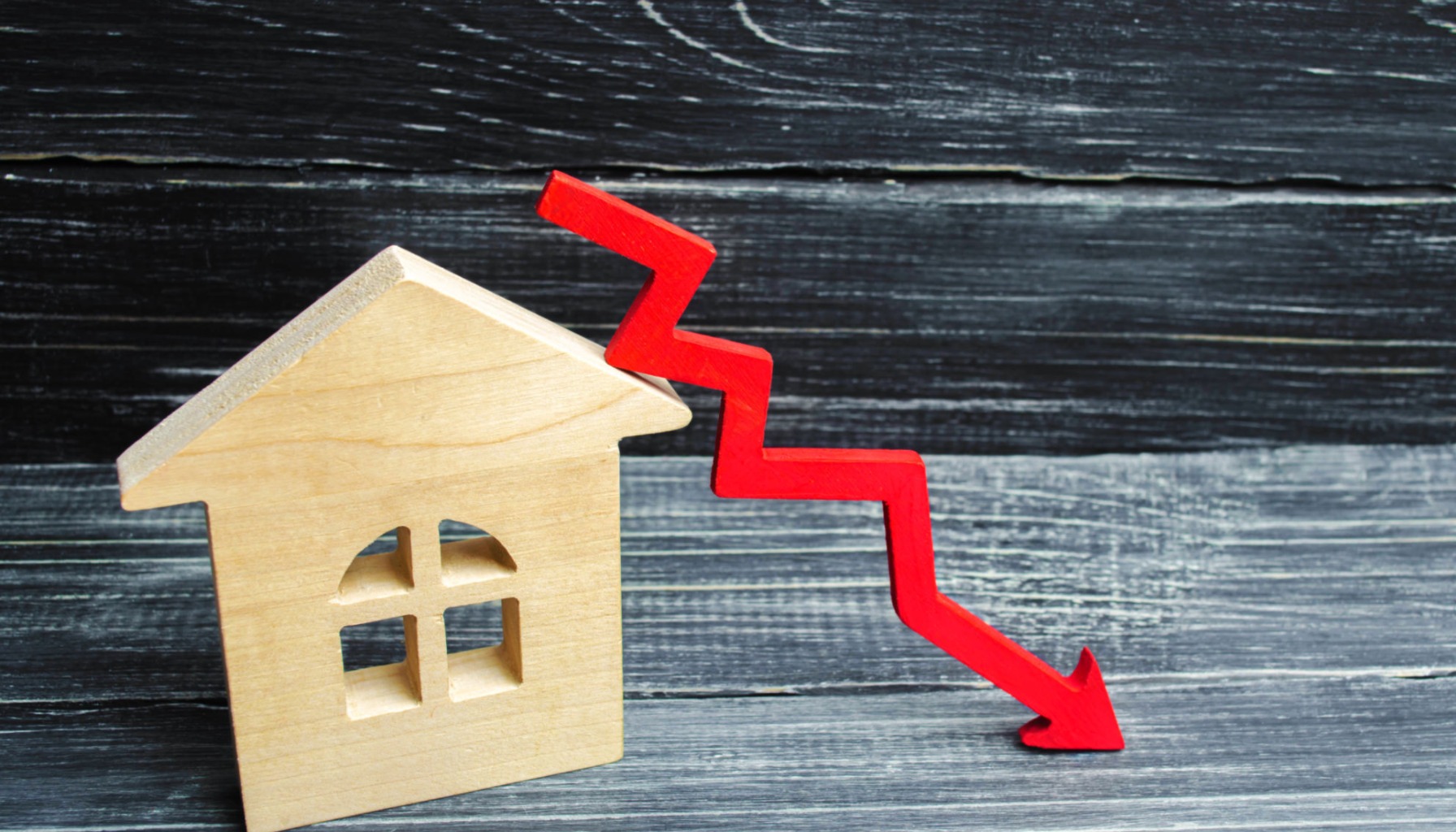T
he housing market's future trajectory remains a pressing question. What can we expect from the next four years? Will the market experience a crash or continue with moderate growth? Experts predict that while price jumps will cool down, home prices will still climb steadily, averaging nearly 20% cumulative gain across the US between 2025 and 2029.
The recent frenzy of homes flying off the market has given way to uncertainty fueled by interest rate hikes and economic jitters. Surveys like Fannie Mae's Home Price Expectations Survey (HPES) provide valuable insights from over 100 experts, offering a collective glimpse into the future.
According to the Q1 2025 HPES report, moderation is the name of the game for 2025 and 2026. The expert panel expects home prices to increase by 3.4% in 2025 and 3.3% in 2026, which is slightly lower than their previous predictions. This revision suggests that experts are tempering their optimism due to potential headwinds like inflation, mortgage rates, or supply dynamics.
However, this is not a prediction of a crash; rather, it's a shift from super-heated growth to something more sustainable. In the long term, the panel expects national home prices to rise by 19.8% between 2025 and 2029. This steady upward trend suggests that experts believe fundamental drivers like demographic shifts will outweigh shorter-term challenges.
The HPES also highlights the wide range of opinions among experts, with optimists predicting a cumulative price increase of 31.0% by 2029 and pessimists forecasting an 8.3% gain over the same period. This dispersion underscores the inherent uncertainty in any forecast, especially one looking five years out.
Historical context is essential to understanding these predictions. The HPES data includes comparisons with pre-bubble, bubble years, bust periods, and post-bust recoveries. The predicted growth rate of 3.7% for 2025-2029 is significantly slower than the recent Covid boom but still above the long recovery period and pre-bubble norm.
The Fannie Mae survey also tracks dispersion, which measures disagreement among experts. The high level of dispersion suggests that factors like mortgage rates, economic outlook, inventory levels, and affordability crisis are contributing to uncertainty. This lingering dispersion is a sign that we should approach the next few years with caution and flexibility.
For buyers, don't expect a crash; prices will continue to rise, albeit at a slower pace. Affordability remains key, and potential for less competition might give buyers more breathing room. For sellers, it's still likely a seller's market in many areas, but realistic pricing and expectations are crucial. Homeowners can expect continued equity growth, albeit at a slower pace.
Ultimately, the housing market over the next four to five years looks poised for steady, if unspectacular, growth according to this panel of experts. As always, staying informed, understanding local market dynamics, and focusing on personal financial situations will be key to making smart decisions in the evolving real estate environment.














